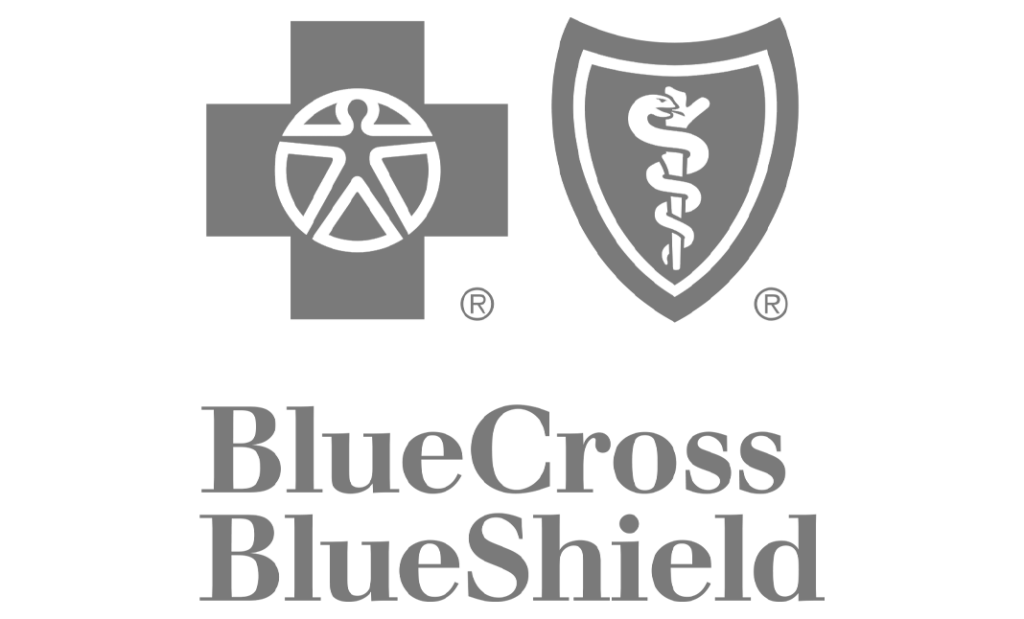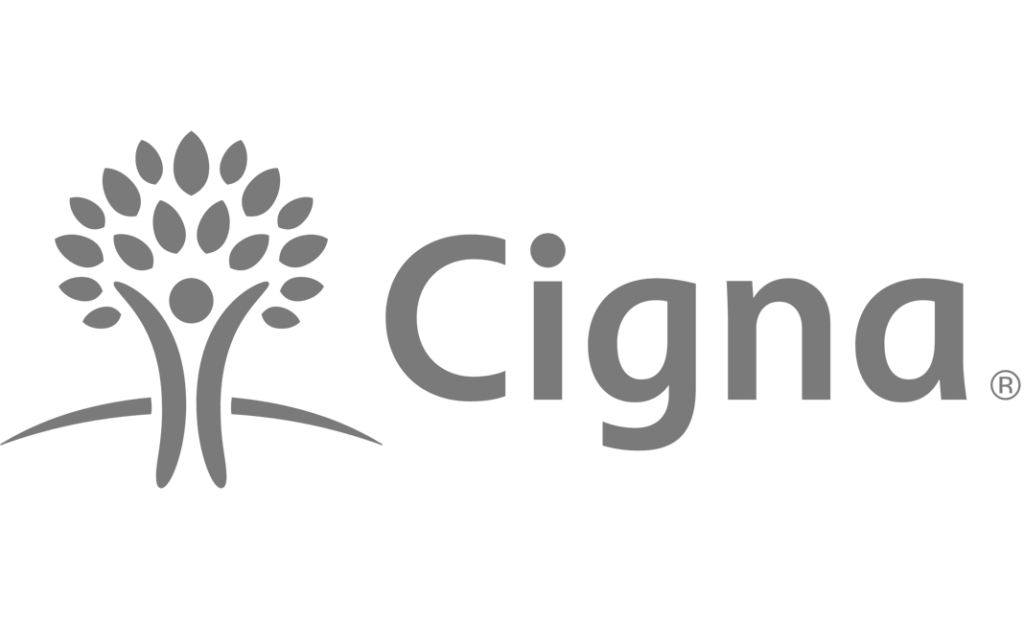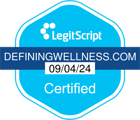The twelve steps of Alcoholics Anonymous (AA) have been helping people in recovery from alcoholism for decades. If you’ve recently become sober, you may already be familiar with the twelve steps or just be learning about them. This article aims to explain, in detail, how these twelve steps can help you and those around you as you embark on this journey.
The twelve steps of AA are not a quick fix for sobriety but more of an essential guide to ongoing recovery. They have helped countless individuals escape the habits that threaten their long-term sobriety. Understanding how these steps work and incorporating them into your daily routine can ensure that your sobriety is sustainable and long-lasting.
So let’s take a closer look at the 12 Steps of AA and learn how they can help recover from alcoholism.
Background and Basics of AA
The 12 Steps of Alcoholics Anonymous (AA) have been helping people recover from alcohol addiction for over eight decades since their development in the 1930s. The steps are designed to help those struggling with alcohol use disorder build a healthy support network and learn to live without relying on drinking.
The 12 steps involve:
- Acknowledging a power greater than oneself and admitting powerlessness over alcohol addiction
- Seeking help and guidance from that power through prayer and meditation
- Examining past wrongs and making amends with those affected by them
- Making a conscious decision to turn away from bad habits and toward a better life
- Being honest with oneself, recognizing one’s capabilities, strengths, and weaknesses
- Asking for help when needed
- Listening to the wisdom of others in recovery
- Sharing experiences, strength, and hope with other recovering addicts
- Practicing these principles in daily life
- Continually taking personal inventory while striving for spiritual growth
- Together, these steps provide a framework for lasting recovery from alcohol use disorder. Working through them can help those in recovery to understand their addiction, stay accountable for their actions, and foster a sober lifestyle.
The Role of a Sponsor in AA Recovery
If you’re following the 12 Steps program, having a sponsor can be an incredibly valuable part of your journey. A sponsor has already gone through the steps and is willing to offer advice, support, and accountability during recovery. They act as a role model, showing you what it means to be sober and stay on the right track.
The relationship between the sponsee (the person receiving sponsorship) and their sponsor is mutual respect. Your sponsor will encourage you when needed, talk through difficult moments, point out potential stumbling blocks in advance, and provide honest feedback. Not only that, but they are also someone who can help provide perspective in your time of need – they have probably gone through something similar before.
Benefits of Getting a Sponsor
A good sponsor can provide these benefits:
- Provide guidance: having someone with more experience than you gives them a unique perspective on how to approach different situations
- Be an understanding companion: sponsors rarely judge or criticize; instead, they strive to understand and respond with empathy
- Offer tools for growth: sponsors often have plenty of tips for finding ways to improve themselves, such as different coping mechanisms or activities that boost morale
- Strengthen confidence: when you feel stuck or overwhelmed by your struggles, a sponsor can reassure you that things can get better
- Help build connections: sponsors introduce their sponsees to other people going through similar experiences, creating relationships that help people recover.
- A good sponsor is a valuable recovery tool–don’t be afraid to ask for help!
Benefits of 12-Step Meetings
The 12 Step Program encourages its members to form connections by creating a safe space to share their stories in an open environment, creating an atmosphere of understanding and acceptance often lacking in individuals suffering from addiction. Group support can also provide much-needed encouragement when life gets challenging, or recovery isn’t as quick as desired. Listing some of the benefits that 12-Step Meetings can offer:
- Emotional support and understanding
- Opportunity to develop personal relationships
- Positive reinforcement from peers who understand what they are going through
- A sense of belonging among people who want to help each other
- Access to resources such as sponsors or mentors who have experience with AA
Strategies for The 12-steps Program
Working through the 12 Steps of Alcoholics Anonymous (AA) can be overwhelming, yet certain methods can be employed to accomplish this goal. Recovering individuals use the steps as a valuable way to stay sober.
Have a Partner or Sponsor
Having a partner who also works the steps or an AA sponsor can be incredibly beneficial in working through each Step. Their guidance and support – and they’ve already gone through the
Take it at Your Own Pace
The 12 Steps of AA are a long journey that requires time, energy, and commitment. It’s essential to focus on one Step at a time instead of setting your sights on the final goal. Handling one Step per day or week can help you make tangible progress without feeling too overwhelmed or disheartened.
Remember to Take Care of Yourself
It’s essential to pay attention to your mental well-being as you tackle the steps. After all, AA is meant to empower and make you stronger, not increase your stress or anxiety levels. Make sure to take breaks when necessary, practice mindfulness and self-care activities such as yoga or journaling, and reach out to other members of AA for support.
Working through the 12 Steps of Alcoholics Anonymous can seem impossible, but anyone in recovery can succeed with patience, dedication, and self-care!
Begin Your Recovery Journey Now!
Overall, the 12 Steps of AA have stood the test of time and continue to be an invaluable resource and support system for those seeking addiction recovery. They provide a sense of structure, guidance and community to those in the program and a strong foundation for long-term sobriety. Additionally, many steps apply to many areas of life and can improve mental and emotional well-being, even if you’re not an alcoholic.





















